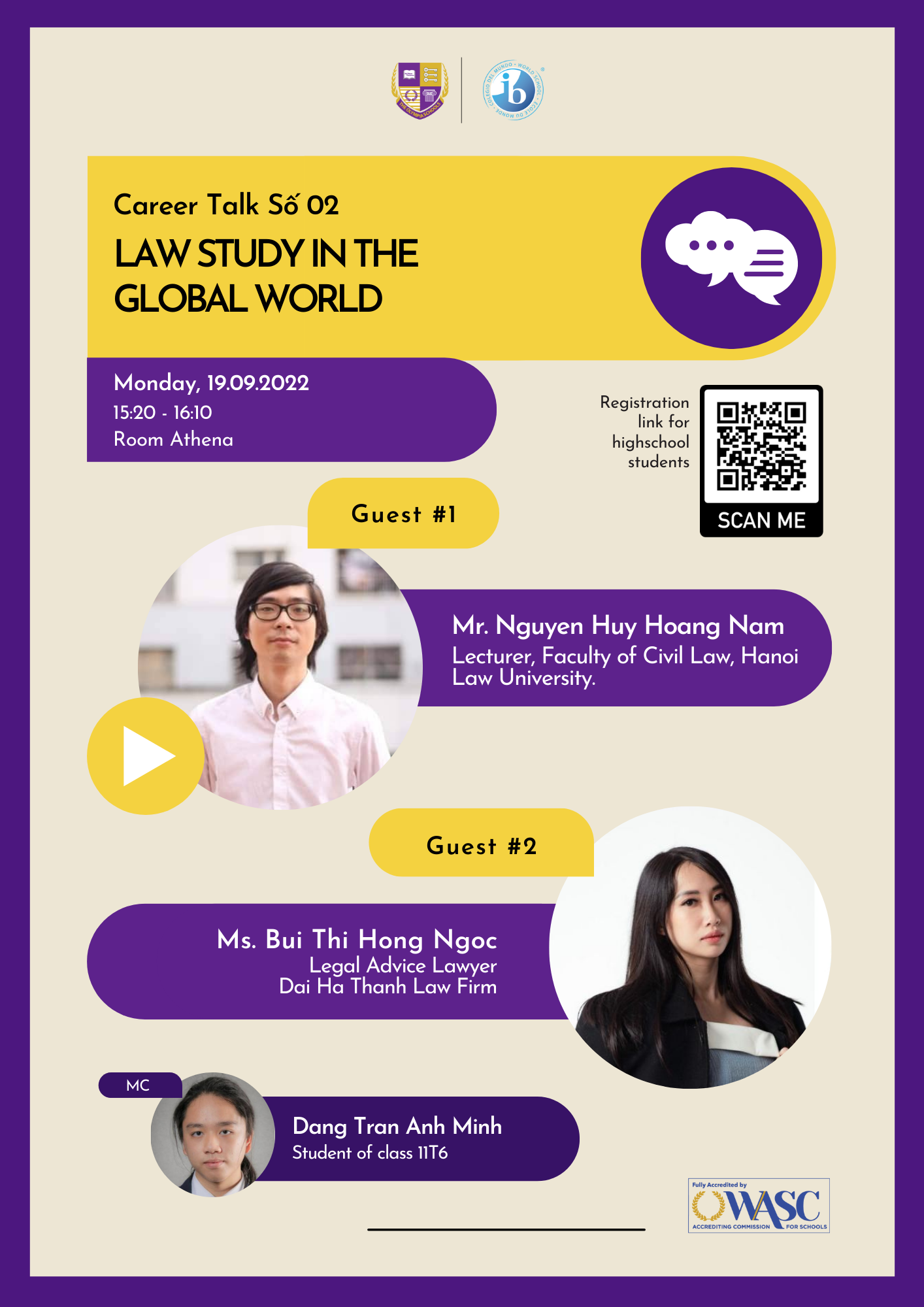
3 ways for parents to keep a safe summer for children
25 September, 2021

Sharing from Master To Thi Hoan - Olympia Psychology Department to parents:
Last school year, students went through two terms of online learning from home due to the Covid-19 outbreak. Currently, in Vietnam, no accurate statistics or studies concerning the impact of the Covid-19 on students’ physical and mental health have been reported. In fact, there have been many stories of children feeling depressed and losing motivation to study when faced with difficulties. This also stems from many factors such as technical issues, self motivation, distraction, lack of effective communication and virtual engagement with peers and teachers. Besides, parental pressure can be at the root of their changes in mental and emotional state.
Social distancing has a considerable detrimental effect on the emotional well-being of children and their families, according to a comprehensive study on the impact of Covid-19 on families and children published in the Pediatric Psychology journal in December 2020. The studies found out that parents have been experiencing a great deal of stress, anxiety, and financial strain during the pandemic. Many have been constantly balancing concerns for their child’s mental health and wellbeing with the fear of job loss as they navigate child care needs, all of which could adversely affect the children.
Identifying the "risks" during summer vacation in the pandemic?
Summer vacation is a critical time for children to recharge. Summer is a time for children and families to unwind, explore and try new activities in new places with new people. Traveling, picnicking, natural camping, or discovering new places and cultures are all delightful summer experiences. However, in the current complicated pandemic situation, social distancing is still implemented in several places. Therefore, the possibility to carry out such events seems to be limited.
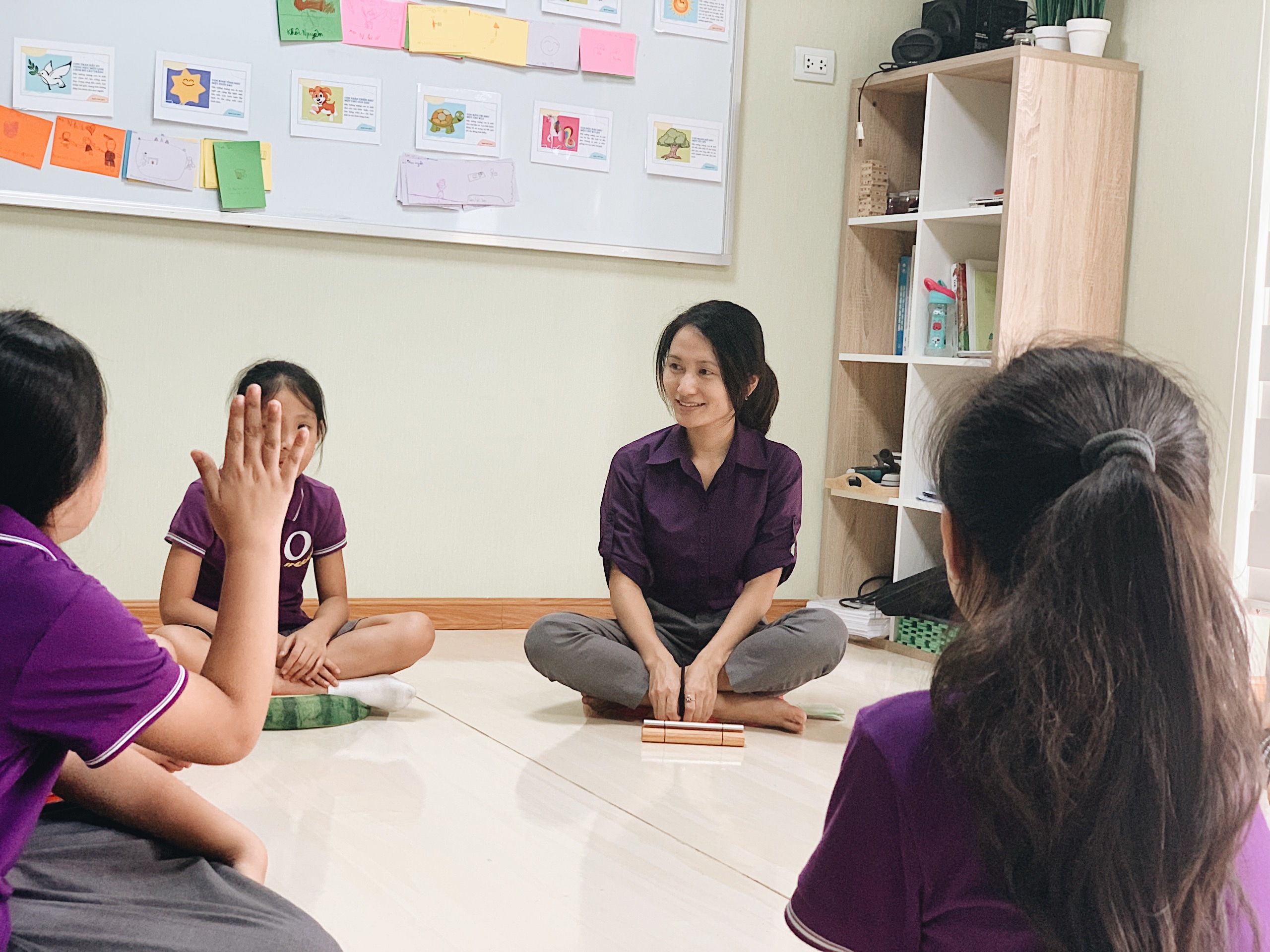
Firstly, the implementation of social distancing during the summer break continues to be a barrier that reduces children's opportunities to have social interactions. Thus, the lack of positive social connections increases their susceptibility to anxiety and agitation.
Secondly, tourist attractions or entertainment centers which normally offer engaging and rewarding activities are often crowded places. Consequently, it is impossible for children to pay a visit under such circumstance.
Thirdly, because parents often have busy schedules in the summer, they used to send their children to summer camps run by their schools or educational institutes. However, due to the pandemic, these programs are being delayed. This can be a source of concern for many families and a loss for children.
Finally, because of the constraints mentioned above that result in “scarcity” of activities, many parents may have no choice but to leave their children at home without parental supervision for the entire summer. This situation may put the child at risk of engaging in unwanted behaviors or developing unhealthy habits. Children may use electronic devices excessively at home or develope unhealthy eating, sleeping, and playing habits. There are a few instances, such as eating junk food, sleeping too much or too little, or playing and sleeping at improper times. Moreover, over-concerned parents persisting in stringent limitations is likely to make children more stressed.
For families who still try to make their children travel and get in contact with people from different places, they must acknowledge the chance of infection if they do not follow the anti-virus measures and regulations. However, the risk of infection may still be hidden somewhere even if we strictly follow the protocols, beyond our awareness and control.
Solutions to mitigate the impact of quarantine
However, parents should not be over-concerned about the precariousness mentioned above. There are a variety of ways to help children have a wonderful summer while staying safe at home.
Let’s keep the kids busy!
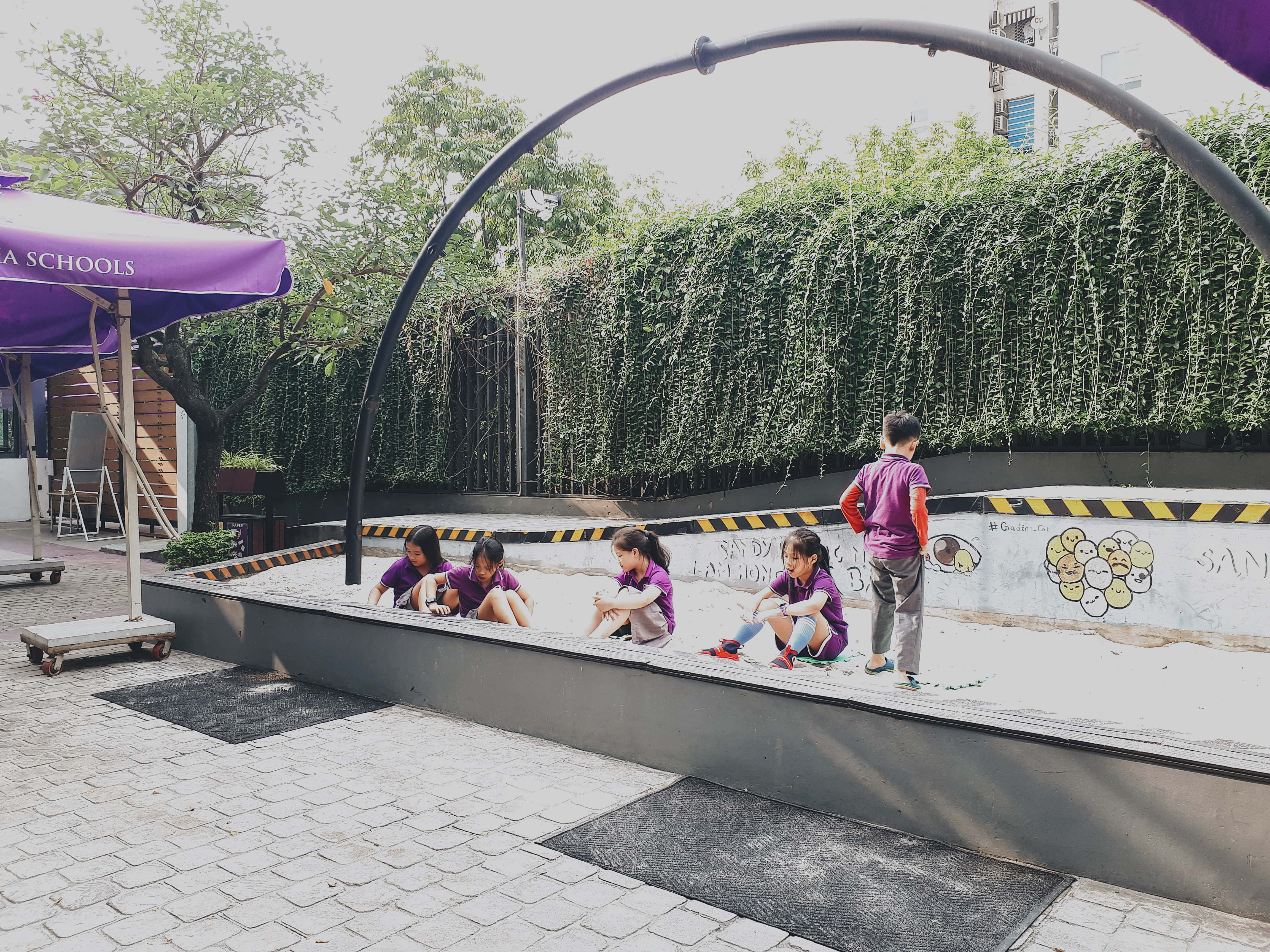
There is a proverb that says "doing nothing is doing ill", so to avoid children having unexpected behaviors, parents should keep their kids occupied regularly.
On the one hand, having adults at home in the summer is an ideal solution. Let’s make a list of your common favorite activities. If the children does not enjoy it, he or she will not participate. Similarly, if it’s something the parents do not care about, they are unlikely to perform in with “wow” enthusiasm. Adults and children should establish a daily list of “to do things” and discuss whether others wish to particiapate. It could be something that both parents and children like, such as dancing, playing sports, cooking, creating arts together. They should construct a list of such items with the children and discuss the possibilities to accompany each other.
Families with working parents, on the other hand, can still keep their children occupied. Sit down with your child the night before or early in the morning and help them create a daily schedule. This could involve assigning household chores or suggesting some beneficial activities they wish to perform during the day. The parents should then call to discuss and follow up on their child’s progress. This may not always be necessary for youngsters with a high level of self-reliance.
Ultimate alternative period
Since families are unable to visit their hometowns or go on a vacation, summer is an ideal time to compensate for the activities they miss while being swamped by schooling and homework. It could be anything that parents believe is important for their child's growth, such as cooking for oneself or planting. To keep it interesting, discuss and organize this activity with your child as if it were their "personal development project" under the supervision of parents.
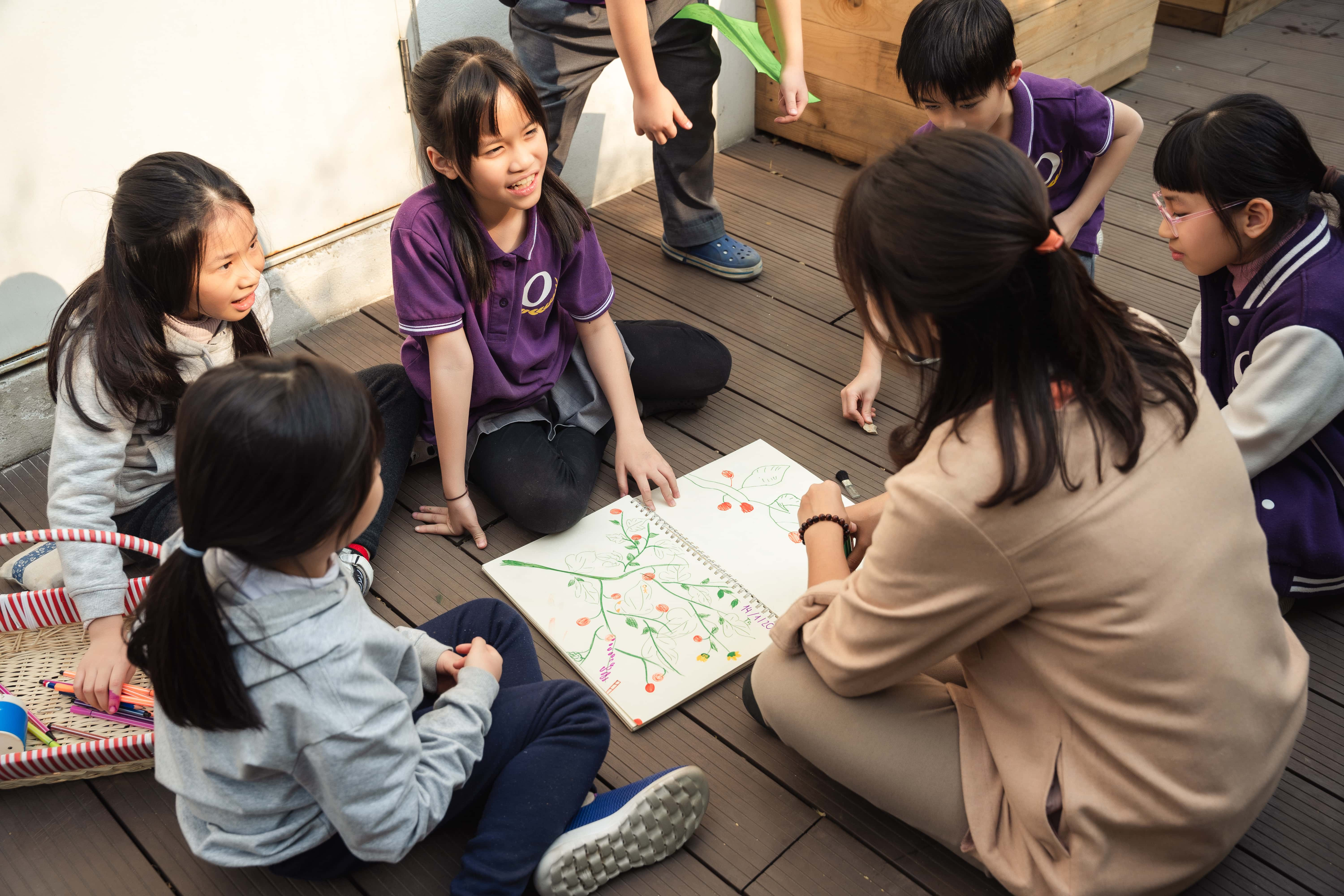
n lieu of trips and summer camps, parents might also encourage their children to create a long-term personal project this summer. It could be a project to produce school supplies out of recycled materials, redecorate a bedroom or home, raise a pet, learn about a plant, write a comic book, etc.
Safety plan for summer
A safety plan is also essential for children to have a fulfilling summer. Make time for your entire family to sit down and teach your children safety skills and establish healthy boundaries.
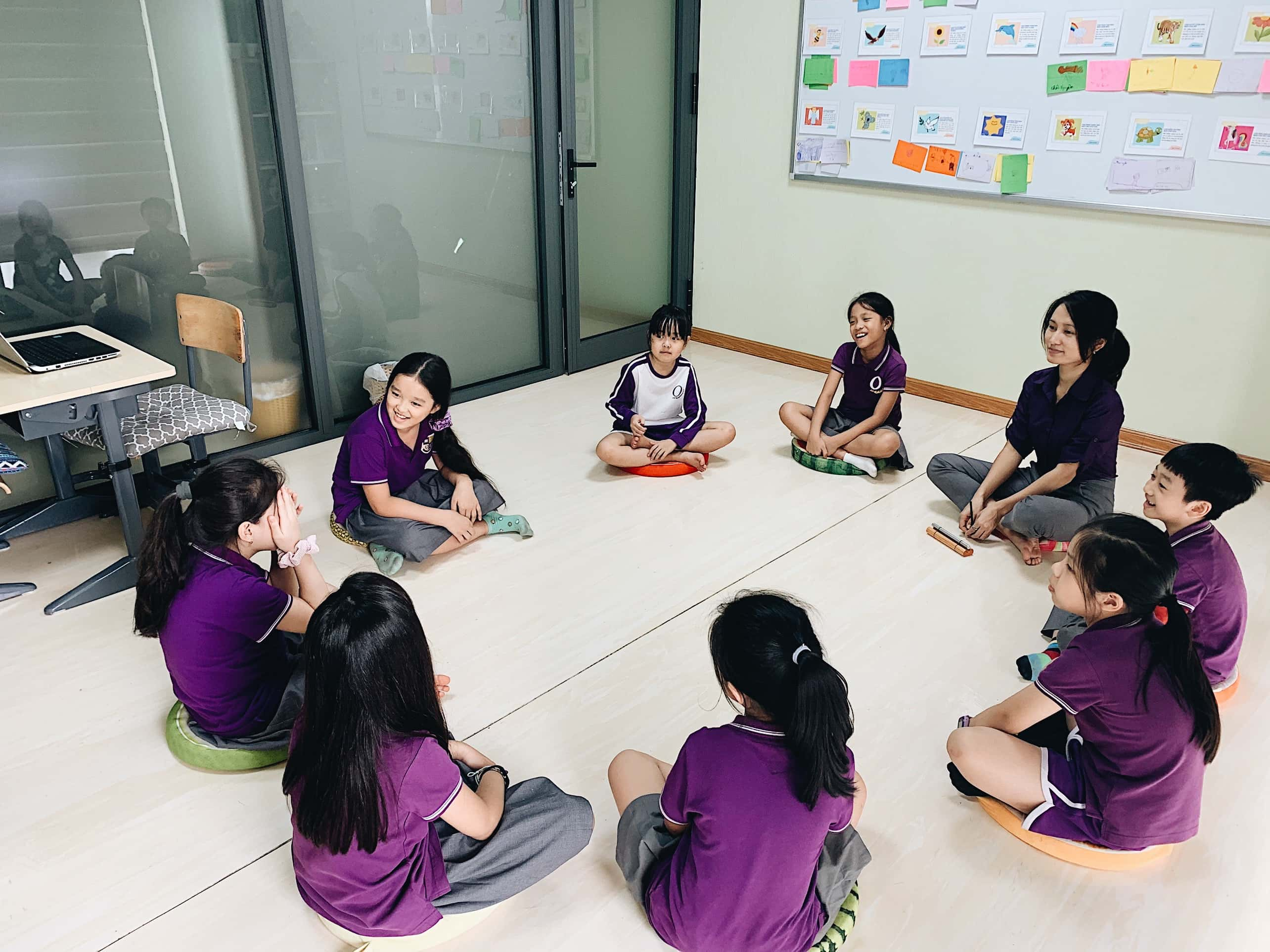
Here are some safety measures in the KidPower program that parents and students of Olympia schools can employ:
- Always emphasize to children the principle "Safety first".
- Teach children how to recognize hazards. Potential perils can come from a stranger, a dark place, an unfamiliar area, or a place with dangerous elements (sites, busy streets, ponds, places with a risk of disease…).
- Teach children to take adequate precaution to ensure their own safety . Eg:
- Stay away from dangerous places
- Elude strangers or their attempts to attack you
- Speak up for your safety by asking others to stop or say no.
- Seek for help.
- Always ask adults when you want to go somewhere or when something unexpected happened.
And, in order for all of this to be effectively assimilated by youngsters, adults must always be role models of "Safety first." If the kids cross the bounderies, such as climbing or jumping on the parent, tossing a ball into the house, or using offensive language, speak to them as soon as possible in a straightforward and courteous manner.









